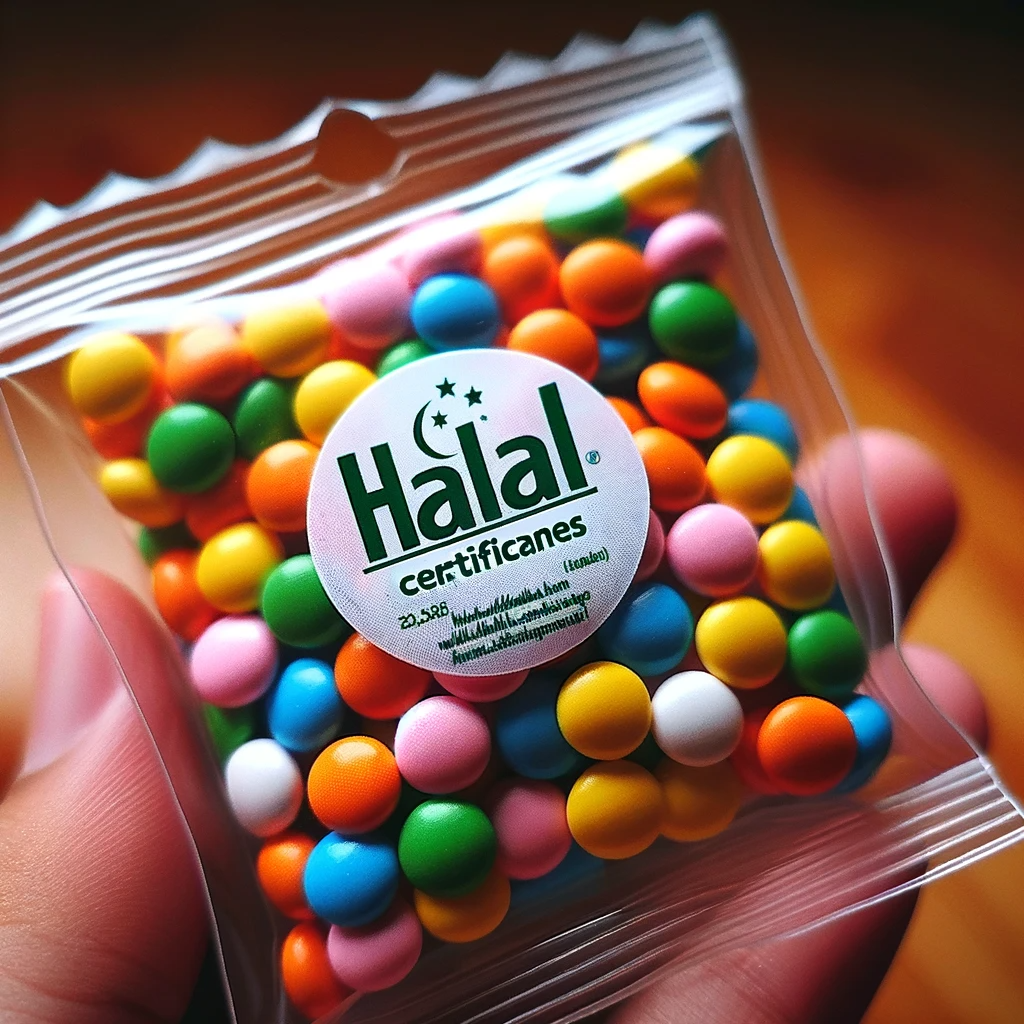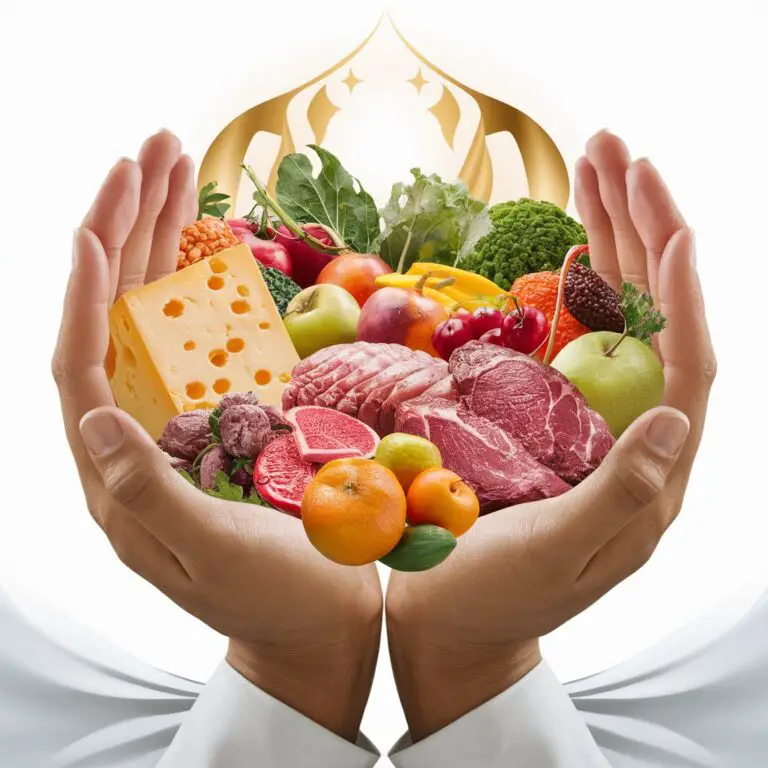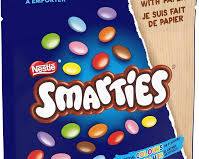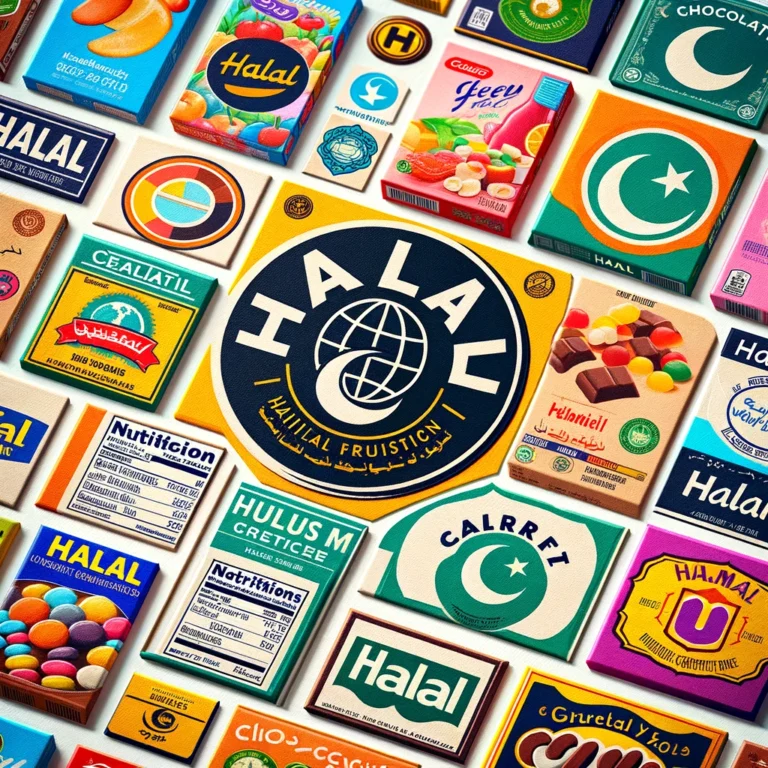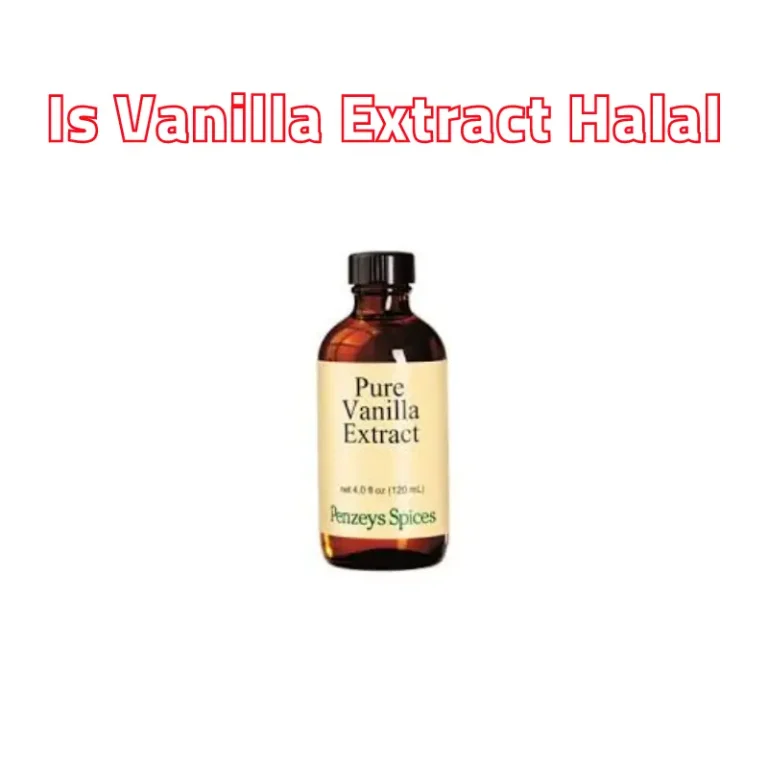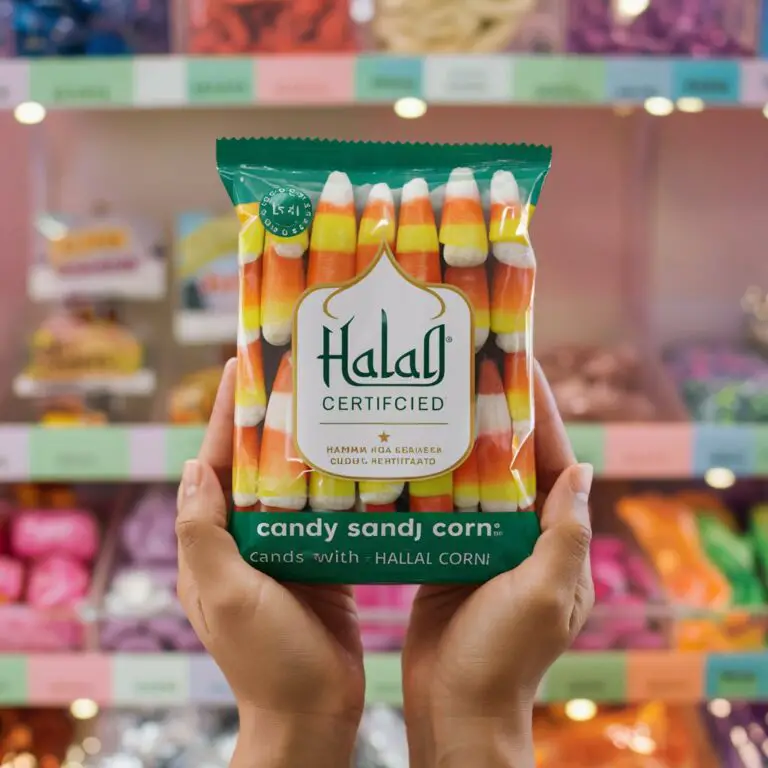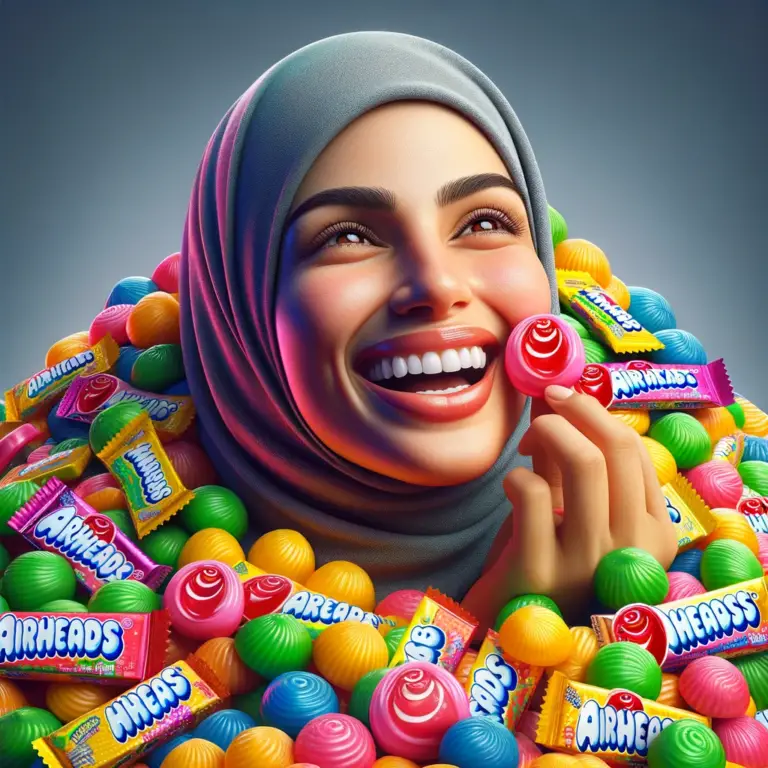Are Dots Halal?
A Introduction to Halal Foods
Halal refers to foods and products that adhere to Islamic dietary guidelines as dictated by the Quran. Here are some key points about halal foods:
- Permitted ingredients: Halal foods must not contain pork, alcohol, blood, or carnivorous animals. Permitted meats must be slaughtered according to zabiha guidelines.
- Food safety: Halal guidelines emphasize food safety and hygiene. Food prep areas must be thoroughly cleaned.
- Ethical practices: Livestock must be treated ethically throughout their lives and slaughtered as humanely as possible.
- Permission from God: Muslims eat to maintain good health and praise God. Food is considered halal only when God’s name has been pronounced over it.
Understanding these principles helps analyze if various foods meet halal standards.
What are Dots?
Dots refer to bright, colorful candy made from sugar that is formed into small round pieces. Some key details:
- Created from sugar, corn syrup, coloring agents, and various flavorings
- Molten mixture is piped onto cooling belts in precise, small drops that harden into dots
- {==Extremely popular among children==} due to sweet taste, vibrant colors, and affordability
Now that we have defined what dots candy is, we can analyze the ingredients and production in relation to Islamic dietary laws.
Common Flavors of Dots
Dots come in a wide assortment of fruit and other flavors. Here is an overview:
| Flavor | Description |
|---|---|
| Cherry | Sweet cherry flavor, red color dots |
| Lemon | Tart lemon flavor, vibrant yellow dots |
| Lime | Zesty lime flavor, green colored |
| Orange | Sweet and slightly tangy orange dots |
| Grape | Sweet concord grape flavor in purple dots |
This table shows 5 of the most popular fruit flavored Dots candies. Next we’ll examine the main ingredients.
Are the Ingredients in Dots Halal?
Dots contain 4 main types of ingredients:
- Sugar
- Corn syrup
- Coloring agents (FD&C dyes)
- Natural and artificial flavors
We’ll analyze if each ingredient category meets Islamic dietary regulations.
Sugar
Regular white granulated sugar or liquid corn syrup both qualify as halal ingredients on their own since they contain no animal products.
However, the source must be considered. Some key points:
- Sugars processed in facilities that also process pork can be contaminated and are haram
- {==Sugars filtered through animal bones would not be halal==}
As long as the manufacturer can guarantee the sugar does not contain or contact any haram substances, it remains halal.
Corn Syrup
Corn syrup is a sweetener made by breaking corn starch down into glucose with enzymes or acids. Details:
- Produced from corn, which is permissible
- Enzymes and acids used must also qualify as halal
- Processing method must not contaminate the syrup with haram elements
Properly processed corn syrup itself poses no issues. But cross-contamination could potentially occur.
FD&C Food Coloring Dyes
Common FD&C food dyes used in candies like Dots include:
- Red #40: Made from petroleum
- Blue #1: Synthesized from coal tar
- Yellow #5: Derived from petroleum
These synthetic colorants contain no animal substances, qualifying them as halal compliant on their own. {==But certain natural colorants like carmine (E120) from insects would not be halal.==}
Flavorings
Natural and artificial flavorings give Dots their taste. Details:
- Natural flavors come from plant or animal sources
- Artificial flavors created synthetically in labs
If animal-based, the flavorings must come from halal animals slaughtered in the correct religious manner. Most are likely synthetic, but the source should still be verified.
In summary, all common Dots ingredients can potentially meet halal standards if their sources are verified to not contain or contact any haram substances according to Islamic law. Manufacturing processes must adhere to proper protocols.
But the ingredients alone do not determine if Dots themselves are halal certified overall…
Dots Candy Halal Certification
For a product itself to be certified halal, it must pass inspection from an accredited halal organization like:
- Islamic Food and Nutrition Council of America (IFANCA)
- Islamic Services of America (ISA)
These organizations verify all aspects like ingredients, suppliers, facilities, processes, storage, packaging, and handling throughout the entire supply chain. Products are then approved to display their halal logo marking them as certified.
Unfortunately Dots do not currently display any major Islamic halal certifications on their packaging according to my research.
However this alone does not automatically signify they are haram. It indicates the manufacturer has likely not pursued official halal verification. Their ingredients, processes, etc may still meet guidelines but have not been audited.
For complete certainty, Muslim consumers would need to reach out to the Dots manufacturer Tootsie Roll Industries to inquire about their exact ingredients, processes, equipment, and facility handling procedures to determine if they adhere to halal protocols.
Are Other Popular Candies Halal Certified Brands?
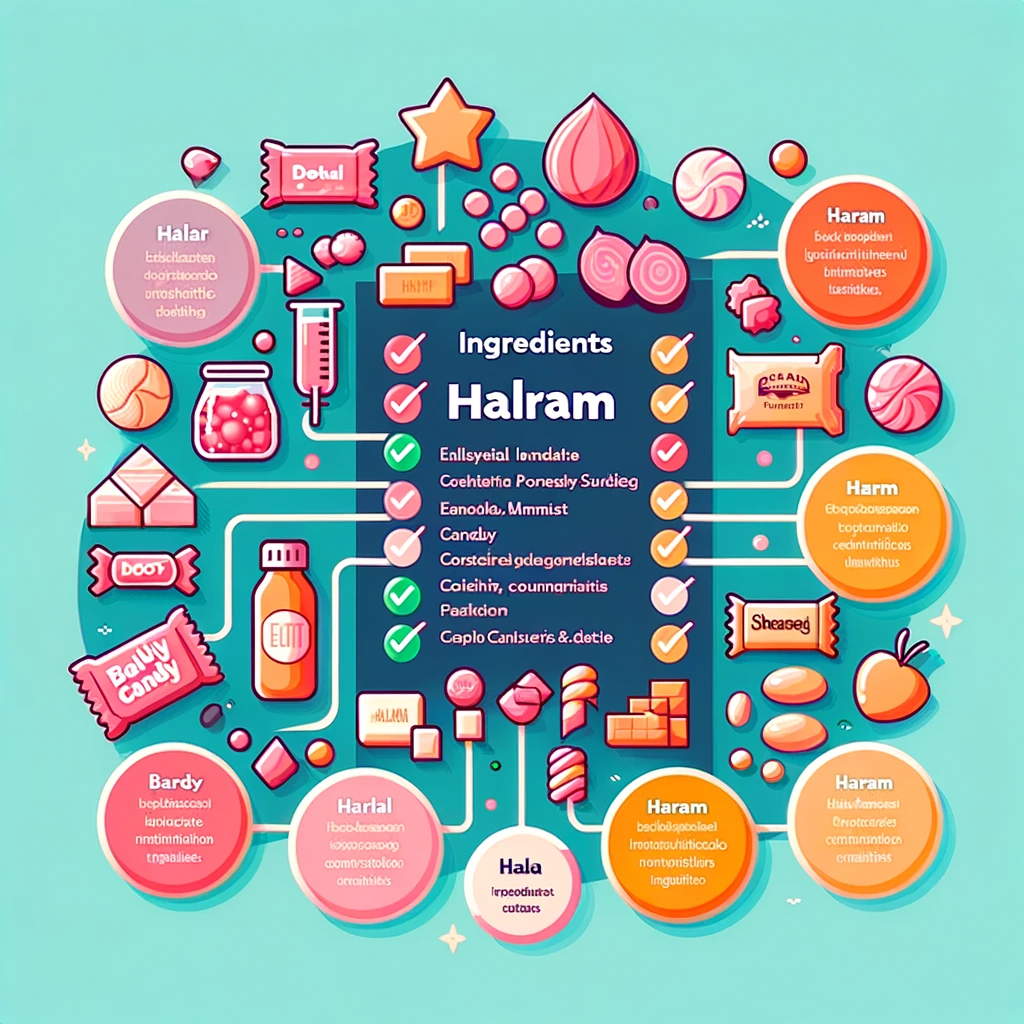 Many mainstream candy brands actually are halal certified through organizations like IFANCA. This shows they have passed full supply chain audits by Muslim inspectors.
Many mainstream candy brands actually are halal certified through organizations like IFANCA. This shows they have passed full supply chain audits by Muslim inspectors.
Here are 5 major candy companies producing popular sweets that carry Islamic halal logos recognized globally:
- Hershey’s: Select chocolates and Kisses products
- Mars: Certain M&M’s, 3 Musketeers, Milky Way & Snickers bars
- Nestle: Some Kit Kats, Baby Ruth, Butterfinger, Raisinets, etc.
- Haribo: Various classic gummy bears, worms, and frogs
- Jelly Belly: Many jelly beans and gourmet jelly beans
So alternatives exist for consumers seeking certified halal candy options.
Should Dots Be Considered Halal?
Based on this full analysis of ingredients, manufacturing procedures, and current certification status, here is my educated stance on whether Dots should ultimately be designates at halal compliant:
Argument Supporting Dots as Halal
- Ingredients like sugar, corn syrup, FD&C dyes, and flavors contain no obvious animal substances and can meet guidelines
- Processes may sufficientlyfollow protocols though unevaluated
- No absolute evidence proves contamination with haram elements
Argument Against Dots as Halal
- Lack of audited certification means supply chain not verified
- Possible unknown factors: Cross-contamination risks, questionable ingredient filtering methods
- Doubt alone could deem them unacceptable to observant Muslims
So this presents a tricky grey area. The most conservative view suggests fully avoiding any questionable products when alternatives exist. But others may be more lenient with uncertified yet probably permissible items.
My personal stance considers the lack of intentional animal ingredients coupled with halal-friendly cultivation as reasonably adequate. But this falls short of 100% verified standards.
In the end each Muslim must weigh these points to decide if Dots qualify as halal to their individual interpretation of Quranic principles.
Conclusion
Determining if popular candies like Dots follow Islamic halal dietary regulations involves analyzing their ingredients, manufacturing processes, contact surfaces, certification status, and potential risks.
- Dots likely contain no haram substances but lack supply chain verification
- Muslims dispute if uncertainty alone warrants prohibition when intention seems aligned with halal philosophy
- Multiple mainstream candy brands offer clearly certified options
In summary, the arguments both for and against Dots possibly being halal viable options have been presented for personal consideration and interpretation by Islamic followers.

